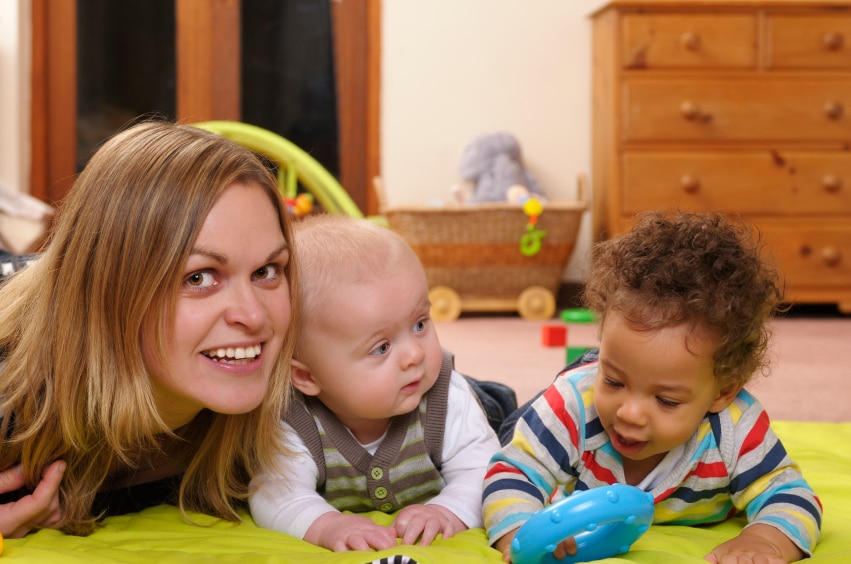GENERAL FAMILY INFORMATION
-
- Mum and Dad’s working patterns.
-
- Children’s weekly timetable eg school hours or holiday activities.
- Meal times – and will the carer eat with you, the children, or will you have a family meal?
JOB DESCRIPTION FOR AU PAIR OR LIVE-IN NANNY
-
- How the carer will be paid and any benefits, eg. mobile phone or gym membership.
-
- Travel, paid leave, and days off.
-
- The daily tasks you expect the carer to complete.
-
- How the carer should keep his or her bedroom (eg do you expect them to clean it once a week) and whether or not you will need access to it.
-
- Which other professionals the carer may come across, eg teachers, regular nanny, house cleaner.
-
- How you will organise the settling-in period.
-
- How the carer should expect to travel to and from activities or on the school run with the children.
-
- Include a day-by-day routine, especially for the first week.
-
- Your expectations of their leisure hours at the weekend eg, do they join you for all meals at the weekend or are they free to come and go as they please?
-
- Any special instructions, eg. children’s allergies, pet care, other family visitors.
-
- Information about being taken ill or not being able to work. Would you like them to wake you in the night, or leave you a note, to let you know if they are not well?
-
- Curfew and house rules, eg. is the carer able to take his or her meals in her room sometimes? Can she play music after the children are in bed?
-
- The live-in carers visitors and guests – will he or she be allowed to entertain friends while at work, or at the weekends?
-
- Home telephone & TV, including if you would like the carer to answer your home phone.
-
- Computer and internet usage – will you allow the carer access to the family computer?
-
- The children’s hobbies and interests, and where their toys and outdoor things eg bikes etc are stored. Include any guidance around when and where the children can cycle or scoot safely, play football etc.
-
- Rules on discipline, give the carer an example of how you would deal with particular situations so that he or she can understand in a “real life” example how you would deal with things.
-
- What to do when the children are upset – once again a real life example is very useful here.
-
- The children’s favourite food and what they are allowed to have as snacks and drinks.
- Emergency contacts, location of First Aid kit, other useful telephone numbers.
